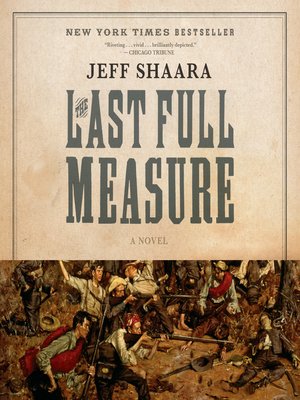

Hamlin’s family shared his religious beliefs, but even the strongest of faiths would be tested in the heat of the battle, as Hamlin would soon find out. He viewed the war as a means for necessary human progress, writing on April 26, 1861, “the Present magnificent uprising has led the people to make the greatest sacrifices and as virtues go in clusters, there’s things will lead the people to a higher and nobler course of conduct in the future.” Raised in a pious Victorian household in which morning prayers and nightly prayers were commonplace, Hamlin wrote extensively about the religious development of the men he served with, while simultaneously explaining his deeply-held beliefs to his family. His letter’s home during the war reveal a very paternalistic relationship with his younger siblings, with Philip continually checking on the progression of their school work and making sure the children had done their chores around the household.įeeling duty- bound by his strong religious convictions that the war was God’s will, Hamlin was quick to answer President Lincoln’s first call for volunteers to serve in the Federal army in April,1861. Philip was the oldest child in the Hamlin farm house, with three younger brothers, Jacob, Charlie and W.H, and a younger sister. It was not until 1855 that the family would move to Minnesota, where farm land was plentiful and increasingly affordable.


Sergeant Philip Rice Hamlin was born to Rice and Elizabeth Hamlin on May 24, 1839, in Warren County, Pennsylvania.


 0 kommentar(er)
0 kommentar(er)
